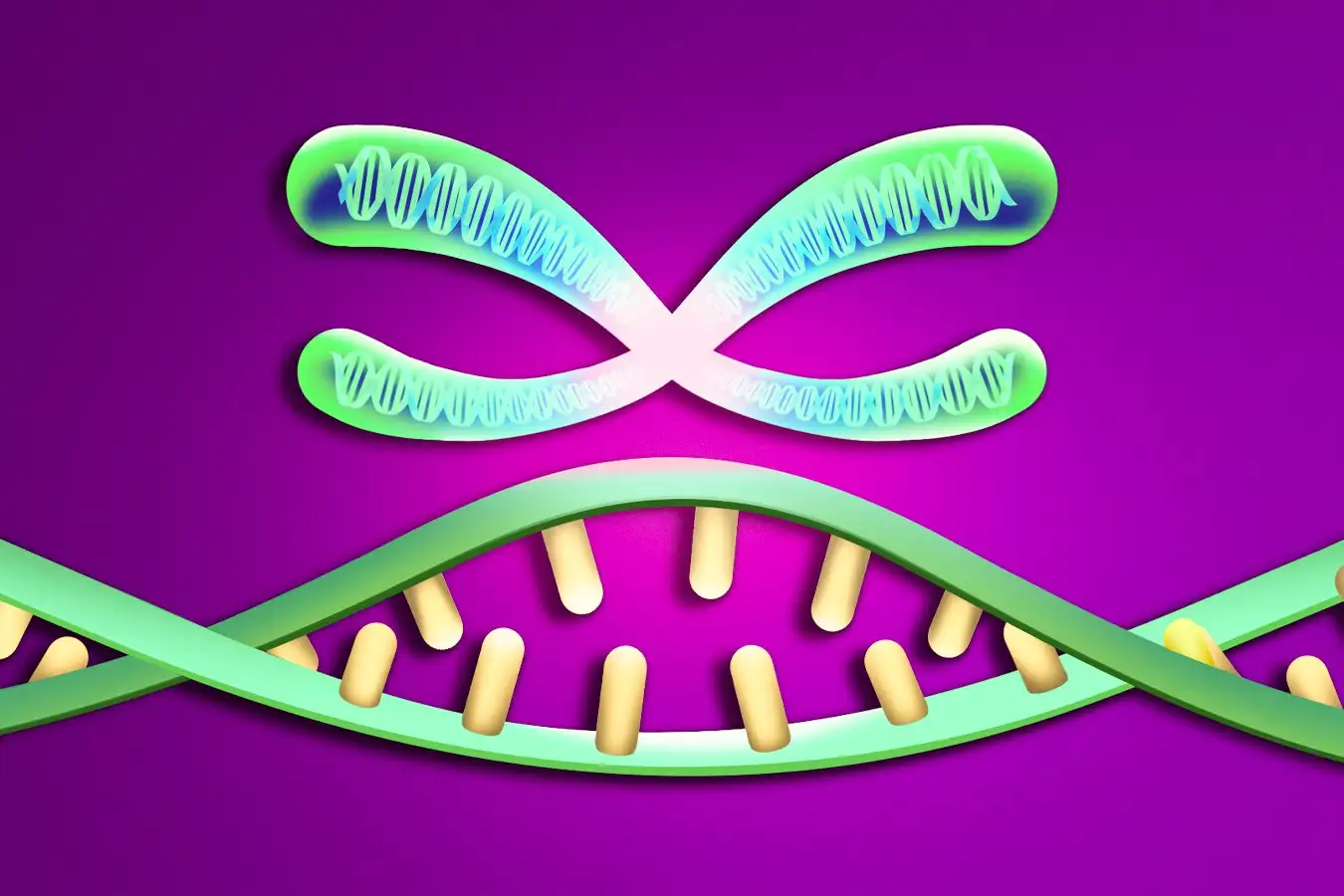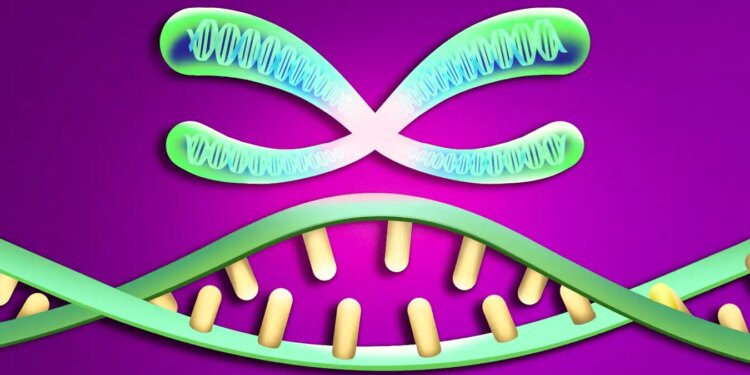
Selfishness is an uncomfortably common biological phenomenon. Recent research showing how genetic mutations accumulate in sperm in middle and older age highlights this. Stem cells that emerge over time make it much more likely that sperm will have disease-causing mutations in older fathers – possibly up to 5 per cent of gametes by age 70, according to the study.
This finding goes further than showing the benefits of having children when younger. The mutated stem cells don’t care whether their deviations lead to problems in potential offspring, as long as their cellular progeny make it to the next generation. It is a great example of how the selfish gene remains the model of evolution we should collectively converge on. Genes don’t act for the benefit of anything but themselves. And no matter how often some people try to defend a “survival of the nicest” view in biology, explanations always have to come back to genetic selection.
The broader debate is old and tired, and hinges on whether you want to believe that evolution via natural selection favours cooperation and friendliness or competitiveness and a cold, calculating organism designed to reproduce successfully at any cost. For the past century or so, many biologists have labelled these contrasting views of evolution group versus individual selection. The difference between them is fundamental to how we view the natural world – and each other.
The split between the two views has always been across ideological lines. Early ethologists thought that organisms act for the good of the species. If I survive, according to this view, it is good for all people, because there will be another person who can at least potentially contribute to the perpetuation of Homo sapiens. Helping each other is an obvious route to achieving this shared goal.
The problem – as nearly every major biologist has pointed out, from Ronald Fisher, who combined Charles Darwin’s theories with genetics, to modern writers like Richard Dawkins – is that organisms that accept help without providing it to others will always do better in the game of life. Individuals that subvert their groups are best-placed for success – assuming the damage they cause isn’t so horrendous it kills off every other group member.
The individual’s optimum, from an evolutionary point of view, is then to promote cooperation among others while withholding cooperation themselves – and ideally, without anyone knowing they are doing so. Cooperation, rather than leading to selection for nice, helpful qualities, just creates an environment where competing or exploiting is most effective when it is undetected.
The problem of subversion undermines groups, whether we are talking about gametes, bacteria, animals or people. The stem cell that reproduces at the expense of the organism’s offspring is blind to whether its success harms future generations. The good of the host, let alone the host’s species, is irrelevant.
The same holds true for human societies, ancient or modern. Those with power – globally, this is often older men – monopolise groups however they can, and often choose younger women for themselves. Given the negative consequences of older men remaining reproductively active, as evidenced by the new research on sperm, it is hard to understand how anyone can take the group selection model seriously.
Most importantly, though, is that these unpleasant truths about our biological heritage don’t need to define how we behave today. Mutual aid is something we should aim for, not take for granted – and recognising our selfish heritage, at every biological stage down to our genes, is the first step towards overcoming it.
Jonathan R. Goodman is author of Invisible Rivals: How we evolved to compete in a cooperative world
Topics:
Source link : https://www.newscientist.com/article/mg26835690-100-sperm-are-selfish-and-so-are-we/?utm_campaign=RSS%7CNSNS&utm_source=NSNS&utm_medium=RSS&utm_content=home
Author :
Publish date : 2025-11-12 18:00:00
Copyright for syndicated content belongs to the linked Source.



